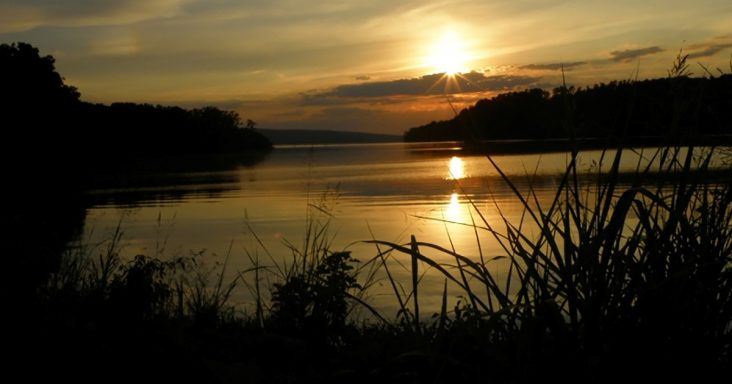Farmers to face water shortages as new century unfolds
by March 10, 2020 1:37 pm 1,392 views

Farmers will deal with a myriad of issues in the coming decades that will impact production in the fields. One problem that has been increasing is the lack of water. From 2020 to 2080, the number of irrigated acres in the U.S. is projected to drop by several million acres, according to the United States Department of Agriculture (USDA).
The drops will be fueled by a lack of usable surface water and the climate change projections that show temperatures rapidly increasing. This lack of water will also be coupled with a need to grow more food as the world’s population continues to rise.
As concerns over declining groundwater levels in Arkansas increase, some farmers have built their own reservoirs to ensure adequate irrigation for their crops.
Groundwater use from the Mississippi River Valley Alluvial Aquifer, which supports the Arkansas Delta, has increased over the last century and the “majority of the increase is attributed to irrigation,” according to the Arkansas State Water Plan’s 2014 Update.
In 1935, the average groundwater use was about 320 million gallons per day. By 2010, groundwater use grew to about 7.8 billion gallons per day, according to the report.
The report also noted that in 2010, “long-term water-level changes were evaluated … in the alluvial aquifer for a period from 1984 to 2008. The mean annual change in water level for the alluvial aquifer in eastern Arkansas was a decline of 0.38 feet per year.”
For farmers, cities and other groundwater consumers, these declines have translated into increased costs to drill deeper wells and increased fuel use to pump the water to the surface.
“Building on farm surface water impoundments is one solution to ensuring adequate growing season irrigation,” Lee Riley, Discovery Farm program associate for the University of Arkansas System Division of Agriculture, said.
The pluses and minuses of building and maintaining a reservoir, implementing various on-farm water conservation practices, and the impacts of the Bayou Meto and Grand Prairie water projects are among the topics to be addressed during a Soil and Water Conservation Virtual Field Trip slated for March 19. There is no cost to register for the field trip. Attendees can participate in the tour and talks, as well as take part in a live chat, from any device connected to the internet.
Trent, Terry and Lori Dabbs of Stuttgart will share their real-world experiences as part of the virtual field trip, Riley said. The Dabbs family farm is part of the Discovery Farm program, in which demonstrations and agricultural impact research are conducted on privately-owned farms.
“We will also hear from Ed Swaim, executive director of the Bayou Meto Water management District, who is familiar with the water quality and quantity challenges of the Arkansas Delta,” Riley said.
